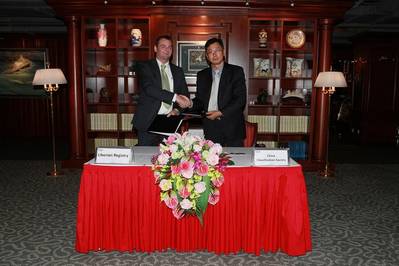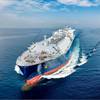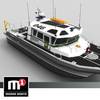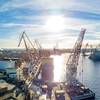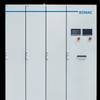Liberian Registry, China Classification Society Sign MoU
The Liberian Registry has signed a framework cooperation Memorandum of Understanding (MoU) with the China Classification Society (CCS) as the latest step in its strategy to collaborate with long-term key industry stakeholders.
Under the terms of the MoU, the Liberian Registry’s technical competence will be employed to help shipyards and shipowners improve their innovative strategies. The CCS MoU has a particular focus on innovation and technology within the international regulatory framework and maritime sector projects. It is an extension to the governmental Maritime Transport Agreement between China and Liberia which entered into force in February 2016.
The MoU is the most recent agreement between the Liberian Registry and stakeholders in the Chinese shipbuilding industry. The Registry has also signed 10 MoUs with leading shipyards, shipyard groups and ship design companies in China in order to create a platform for the exchange of market intelligence, innovation and technological development.
A streamlined Ship Newbuild Services facility is also available to Liberian-flag shipowners through dedicated joint industry ship design projects. The intention is to produce quality, innovative ships capable of high performance levels and outstanding Port State Control performance, in compliance with all rules and regulations.
Thomas Klenum, Technical Director of the Liberian International Ship & Corporate Registry (LISCR), the US-based manager of the Liberian Registry, said, “Through MOUs, the Liberian Administration will be involved in the process of ship design and construction from the beginning, which will improve efficiency in meeting IMO requirements at the most cost-efficient phase of shipbuilding projects.”
LISCR CEO, Scott Bergeron, said, “Under the terms of the MoU, the Liberian Registry’s technical competence will be employed to help shipyards and shipowners improve their innovative strategies. In this way, the Liberian Registry will be able to expand its continually growing fleet numbers with ships of the highest quality and safety standards, able to operate competitively in today’s challenging shipping industry.”



